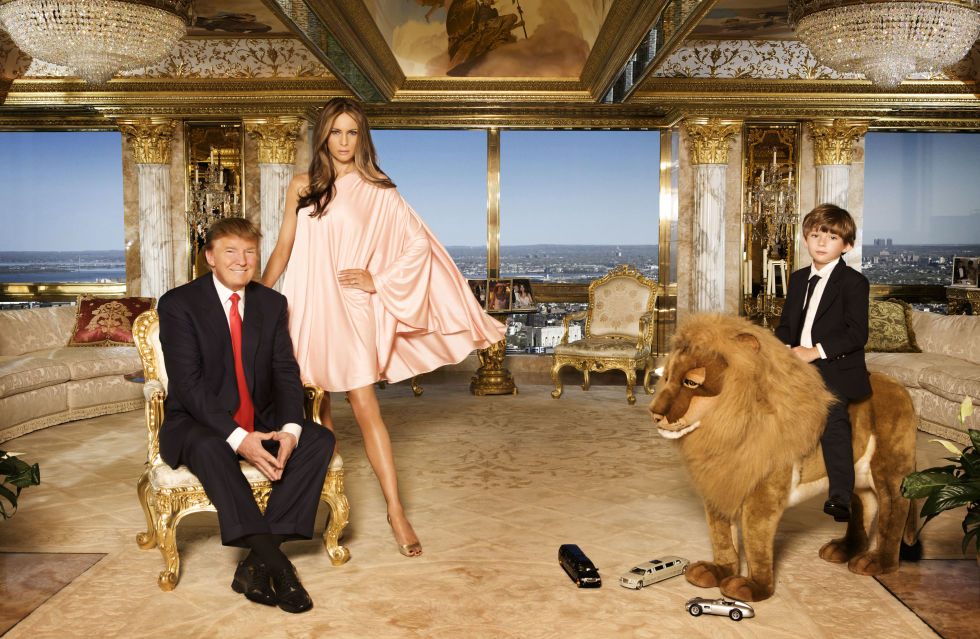“A lot of things around us happen almost by magic now,” Death of Expertise author Tom Schindler tells Chauncey DeVega in the initial exchange of a really interesting Salon Q&A, arguing that Americans sometimes cry poverty when they’re really relatively rich. I agree to a point, though the problem may be that the wonder happens around us rather than to us. Everyone has a supercomputer or two in their pockets now, but Main Street is still divorced from the wealth-building of Wall Street and Silicon Valley.
Many of my friends and relatives went into debt and foreclosure after the financial meltdown in 2008, and they mostly haven’t been able to completely recover. Even the growing U.S. job sectors, like healthcare, know real limitations. From “The Future of Work Is the Low-Wage Health Care Job,” a Vox piece by Soo Oh:
In interviews, home care aides told Vox about the drawbacks of a booming field: aching backs, unstable schedules, second jobs, salaries low enough to qualify for Medicaid, and emotional burnout. Health care jobs might be a beacon of the new economy. But that doesn’t mean they’re good news for the workers who do them.•
The same goes for the new manufacturing jobs, which provide a far-less-stable situation than similar positions from decades past. The fear of falling and wealth inequality are very real.
Nichols does make a good point, however. Social media and Reality TV have created such an unrealistic aura of luxury and lavishness that you couldn’t create a greater unhappiness-making machine if you tried. Even the people supposedly experiencing these charmed lives are often accursed. Many Real Housewives and their ilk actually go into hock to present a lifestyle well beyond their means. Something is being sold, but almost no one can afford it.
An excerpt:
Question:
How did the American people arrive at this moment where an ignoramus such as Donald Trump has become president?
Tom Nichols:
Narcissism. Actually, for all of our talk about how people are “suffering” and these are “tough” economic times, and the so-called economic anxiety of the white working class — which, again, as an old-school conservative I’ll be the first to admit is a nice way of saying “racism” — I think we actually are a very affluent society where a lot of things around us happen almost by magic now.
People look around and they say, “Well, sure, flying an airplane — how hard can that be? How hard can negotiating a nuclear arms treaty be? The world works. We’re at peace. Terrorism is awful, but the U.S. is highly competent.” For most people 9/11 is a distant memory. I think that they just look around and they see that things pretty much work even though their lives don’t seem to. The second thing I would add is how the internet helps to create a sense of relative deprivation.
I didn’t coin this, and I wish I had. One of my friends calls it the “HGTV Effect.” Where you’re living in Ohio in maybe a one-floor or two-bedroom, three-bedroom, one-bath, 1950s kind of house, and you’re watching your 40-inch television and you’re saying, “How come I don’t have granite counter tops? Those mooks do. These are just working people on some TV show, and they’ve got a brand new granite and steel kitchen. I’m deprived, I’m poor.” It’s amazing to me what people now consider deprived.
Donald Trump surfed that. He exploited that feeling. He said, “There are people out there that are screwing you out of having the golden toilets that I have. And I’m going to get even with those people, because I know what they’re up to, and I’m going to screw them over and get yours for you.” People are dumb enough to believe it because they don’t understand how the economy works, they don’t understand how society works, they don’t understand the basics about the relationship between education and jobs, none of it. It’s basically they look up from the television, or their phone, and they say “Where’s my money?” And that’s how we got here.•

